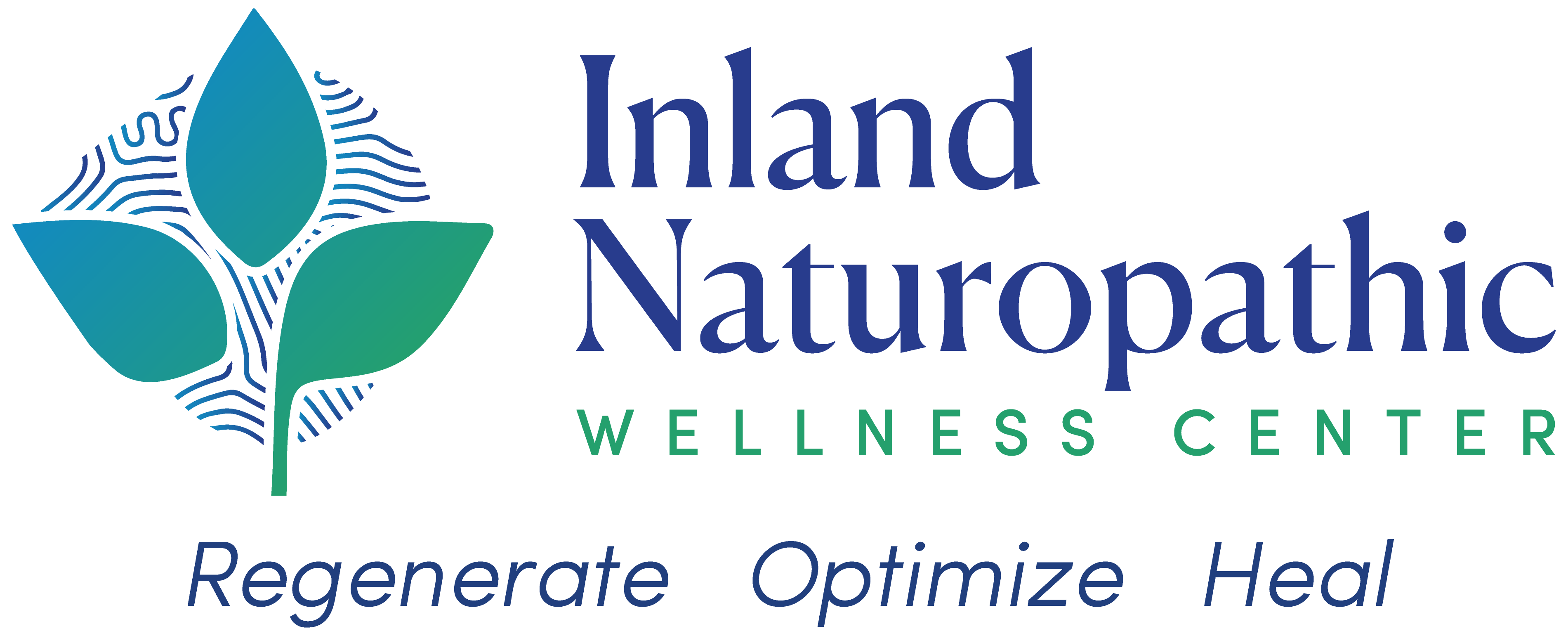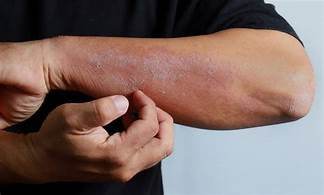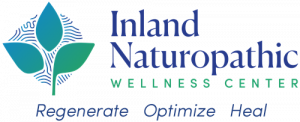You can recognize eczema as red, itchy, dry patches that appear on different parts of the body. It’s considered inflammation of the skin. Atopic dermatitis is a familial form of eczema, often associated with asthma, airborne and food allergies. Triggers for flare-ups of eczema and atopic dermatitis increase as the skin barrier, which is the outer most protective layer of the skin’s surface, becomes compromised such as with:
- Changes in weather
- Emotional stress
- Long hot showers
- Skin bacteria
- Irritants from soaps
- Food allergies
You can react to one or multiple triggers.
Inflammation and Food
One of the first steps to take is to avoid the triggers if they are known. The next step—since eczema is an inflammatory reaction of the skin– is to focus on foods that reduce the inflammatory process. Anti-inflammatory foods include a colorful variety of vegetables and fruit, healthy fats from extra-virgin olive oil, nuts, seeds, and salmon for omega-3 fatty acids. Also cooking with anti-inflammatory spices such as turmeric and ginger help drive inflammatory signals down and are great herbs to consume frequently. In turn, certain foods may contribute to eczematous reactions and should be avoided.
Do Food Allergies Cause Eczema?
It is important to state that not all food allergies cause eczema or atopic dermatitis. There are a few different types of food related allergies, however, the one associated with eczema is known as a delayed eczematous reaction.
Delayed eczematous reactions may occur from hours to two days after eating the offending food. Foods most associated with eczematous flares include shellfish, soy, wheat, peanuts, milk, and nuts. Blood tests are often inaccurate and require a food elimination-challenge for confirmation. They are subject to a lack of sensitivity, reproducibility, and many false positives. Food elimination is done by eliminating one of the foods mentioned above or any suspicious food for six weeks, observing for improvement, and then reintroducing foods while monitoring for eczema flares. This is where working with a naturopathic doctor can help.
The Problem with Topical Steroids
Topical steroids are the most frequently prescribed dermatologic drug. Steroids rather taken by mouth, given by injection, or applied topically tend to suppress symptoms and may cause adverse reactions. Potential side-effects include acne, itching, thinning of skin, dryness, and excessive hair growth and pose the risk of skin infections. By suppressing the symptoms, the conventional approach avoids investigating the cause of eczema. Steroid use should be monitored closely for all these reasons and long-term treatment is not recommended. If symptoms are simply suppressed with steroids; worsening of eczema or allergies and even asthma may occur in some cases.
Naturopathic Treatment of Eczema
Naturopathic treatment is multi-layered and begins with an anti-inflammatory diet. Proper skincare routine should always be practiced, this includes avoiding harsh or detergent cleansers and using a high-quality emollient moisturizer. Tracking of food allergies and food allergy testing should be considered when there is a suspicion of an offending food. Hydrotherapy such as wet wraps can be very soothing for infants and children especially. Botanicals such as Chinese rhubarb and licorice have anti-allergic and anti-inflammatory properties and are often used. Vitamin B12 therapy has proven effective in preventing flare-up of atopic dermatitis and helps especially with the stubborn itchiness by blocking the inflammatory processes in atopic skin. The gut microbiome should be amply supported with probiotics such as Bifidobacterium and Lactobacillus, both of which are especially helpful in atopic dermatitis treatment.
To summarize, its best to first avoid the most common triggers when possible while remembering that foods are not the only possible triggers that may compromise the skin barrier. Second, get appropriate food allergy testing when necessary and perform food elimination-challenge for confirmation. Thirdly, employ a multi-layered, Naturopathic approach which includes anti-inflammatory nutrition, botanical medicine, vitamin B therapy and probiotics. This way you can heal the red, itchy dry patches while avoiding steroids.
Dr. Sasha Blissett is a California State licensed Naturopathic Doctor, who found her passion for naturopathic medicine while in college battling her own women’s health and skin issues. She specializes in women’s health and takes the time to listen to her patient’s health concerns so she can understand and address the root cause of illnesses.
To learn more about our comprehensive strategies for your health, register for one of our live webinars or dinner events.



